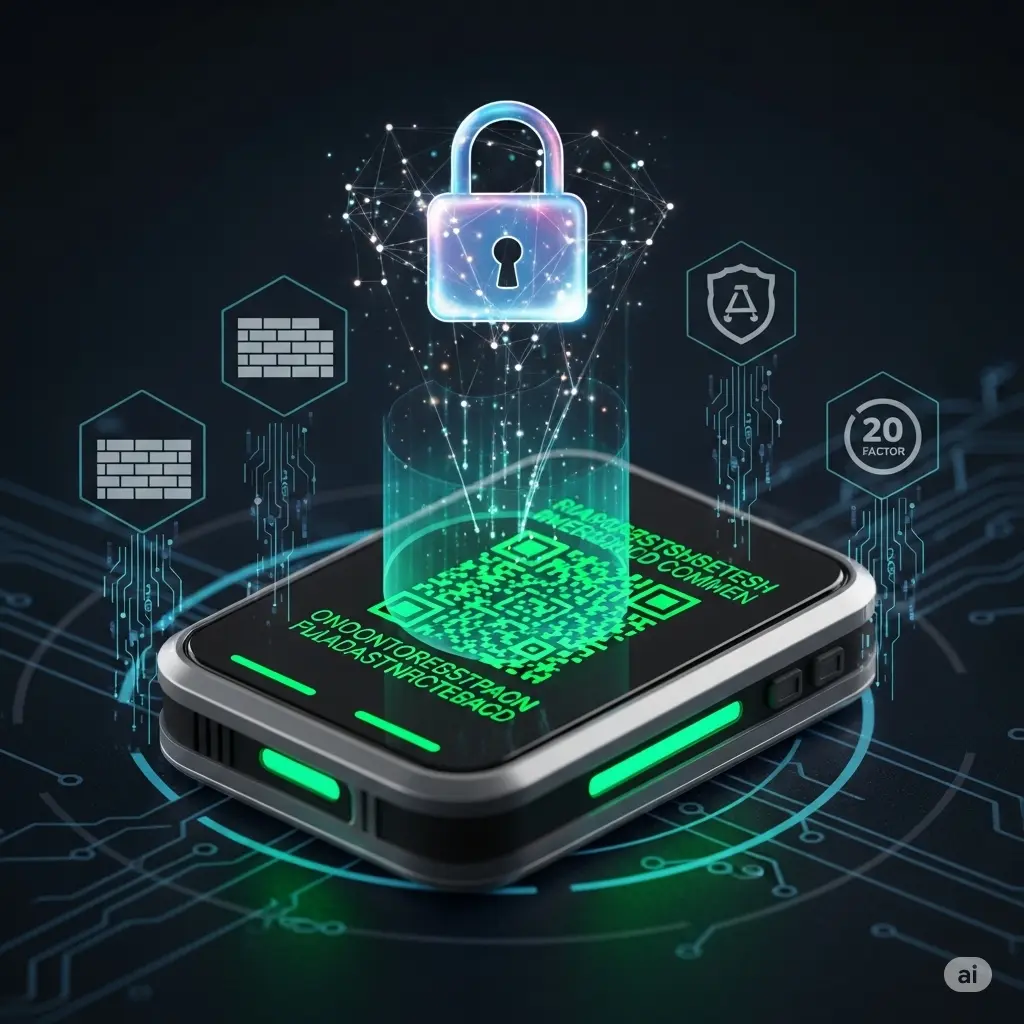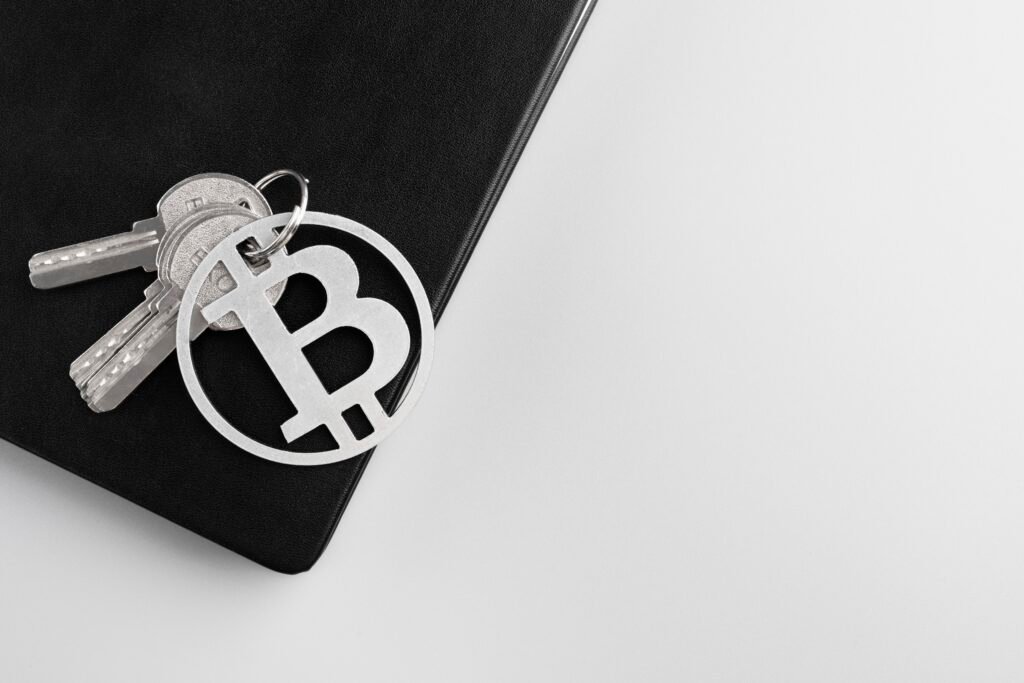Cryptocurrency adoption continues to surge worldwide, and as digital assets become a bigger part of global economies and portfolios, protecting them has never been more important. Whether you’re trading altcoins, using decentralized finance (DeFi), holding NFTs, or navigating Web3, your assets deserve a secure crypto wallet now.
As interest grows, so do threats—hacks, phishing attacks, and wallet vulnerabilities. A secure crypto wallet isn’t just a storage mechanism; it’s your fortress against loss. At Global Crypto Sports, we strive to keep you informed, so you can stay ahead in the ever-evolving crypto landscape.
In this extensive guide, we’ll explore:
- What secure crypto wallets are, and why they matter
- Key terms you need to know
- Types of wallets: best crypto wallet 2025, cold wallet vs. hot wallet, hardware wallet, mobile wallet
- How to manage your seed phrase, backup strategies, and crypto wallet security
- Pros, cons, real-world cases, actionable advice, and FAQs
Let’s dive in and help you safeguard your digital wealth the smart way.
1. Key Concepts and Terminology
Before we break down wallets and security, let’s establish some fundamental crypto concepts:
What Is a Blockchain?
A blockchain is a decentralized digital ledger that records transactions in blocks, chained securely by cryptography. It ensures transparency, integrity, and immutability of data—making crypto transactions trustworthy.
What Is DeFi?
Decentralized Finance (DeFi) refers to financial services built on blockchains—like lending, borrowing, and yield farming—without traditional intermediaries like banks.
What Is Web3?
Web3 envisions an internet where ownership, identity, and data are decentralized. In Web3, crypto wallets are not just for payments—they’re your login, identity, and gateway to DeFi, NFTs, and metaverse platforms.
What Is a Wallet in Crypto?
A crypto wallet is a tool—either software or hardware—that enables you to interact with blockchain networks, send and receive crypto assets, and sign digital transactions using cryptographic keys.
- Public key: Like your account number—anyone can see it.
- Private key: Like a password—you must protect this at all costs.
- Seed phrase: A human-readable backup (typically 12 or 24 words) of your private key.

2. Types of Crypto Wallets
Let’s delve into key categories:
Hot Wallets
These are connected to the internet and include:
- Mobile wallets (apps on your phone)
- Desktop wallets
- Web-based wallets (browser extensions)
Pros:
- Easy to access and use
- Great for frequent trading and DeFi
Cons:
- Vulnerable to hacks or phishing
- Not ideal for long-term, high-value storage
Cold Wallets
These remain offline—detached from internet connections. They include:
Hardware Wallets
Physical devices (like Ledger or Trezor) that store your private key offline.
- Armored against most malware
- Require physical access and a PIN
- Portable, but pricey
Paper Wallets / Air-Gapped Storage
Seed phrase or key printed or written on paper or stored on devices never connected to the internet.
- Cheapest form of wallet backup
- Vulnerable to physical damage or loss
Table: Summary—Hot vs. Cold Wallets
| Wallet Type | Connected? | Best For | Key Benefits | Security Risk |
|---|---|---|---|---|
| Mobile / Web | Yes | Daily use, trading | Convenience, speed | Hackers, phishing, device compromise |
| Hardware | No (when not in use) | Long-term storage, high value | Maximum security, offline | Device loss, physical theft |
| Paper/Air-Gapped | No | Maximum isolation | Low cost, fully offline storage | Fire, loss, damage, human error |
3. Real-World Case Studies
Case Study 1: The $600M Crypto Heist
In 2025, a hacker exploited a popular hot wallet browser extension. Users lost funds because they stored large amounts in an online wallet without a secure crypto wallet strategy. This underlined the critical risk of storing significant assets in hot wallets.
Case Study 2: Wallet Backup Saves the Day
A user’s hardware wallet was lost in a move—but because they had a solid wallet backup via seed phrase stored offline, they recovered access with no loss. This emphasizes why securing your backup is as important as securing the wallet itself.
4. Benefits, Pros & Cons, and Risks
Pros of Having a Secure Crypto Wallet
- Full control over your funds
- Peace of mind from strong crypto wallet security
- Flexibility to engage with DeFi and Web3
- No need for middlemen
Cons & Risks
- Risk of losing balance if you lose your seed phrase
- Hardware wallets come at a cost
- For cold storage, accessing funds takes more effort
- User error: phishing, software scams, or inattention
Potential Risks to highlight:
- Malware on mobile devices
- Fake websites or phishing attempts
- Physical theft or damage to devices
- Improper backup and storage of seed phrases

5. Choosing the Best Crypto Wallet 2025 — Step‑by‑Step Advice
Here’s a structured plan:
Step 1: Analyze Your Needs
- Frequent trader / DeFi user? – Opt for a hot wallet with small balances
- Long-term holder? – Choose a hardware wallet for large holdings
Step 2: Pick the Right Wallet Type
- For usability on the go: choose a trusted mobile wallet
- For maximum security: choose a hardware wallet like Ledger, Trezor, or Coldcard
Step 3: Secure Your Seed Phrase
- Write it down on paper and store it in a safe, dry place
- Consider metal backups for flame/fireproof safety
- Use multiple secure locations or a safe deposit box
Step 4: Combine Hot and Cold Storage
- Keep small funds in a hot wallet for convenience
- Store the bulk of your assets in a cold wallet
- Track balances and transfers carefully
Step 5: Apply Security Best Practices
- Never share your seed phrase
- Use multi‑factor authentication on hot wallets
- Keep software and firmware updated
- Confirm official wallet URLs—use bookmarks
- Avoid public Wi‑Fi during sensitive transactions
- Periodically test backups (on a testnet or small transaction)
Step 6: Educate and Stay Updated
At Global Crypto Sports, we update you on emerging threats, wallet breaches, and best practices for crypto wallet security in real time.
6. Tips for Beginners and Intermediate Users
For Beginners:
- Start small – use a mobile wallet with a limited amount
- Practice sending and receiving using your wallet before moving to other users
- Learn to differentiate hardware wallet models and prioritize ease of recovery
For Intermediate Users:
- Explore advanced tools like multi-signature wallets (e.g., Gnosis Safe) for added safety
- Consider decentralized wallet options where only you control your keys
- Utilize services like safe storage for physical devices, or trusted custodians for high-value assets (but only if you understand the tradeoffs)
8. Frequently Asked Questions (FAQ)
1. What is the best crypto wallet 2025?
The best wallet depends on your needs. For maximum security, a hardware wallet (cold wallet) is widely recommended. For daily use, a well-reviewed mobile wallet may be most practical.
2. What’s the difference between a hot wallet and a cold wallet?
Hot wallets are connected to the internet—they are easy to use but more vulnerable. Cold wallets remain offline—they offer top-tier security for long-term storage.
3. How do I keep my seed phrase safe?
Write it down and store it in a secure, waterproof location. Consider multiple backups (e.g., safe deposit box). Test restoration with small test funds.
4. Can a mobile wallet be secure?
Yes—if you use a reputable app, enable multi-factor authentication, keep your device updated, and don’t store large amounts long-term in it.
5. What if I lose my hardware wallet?
As long as you have your seed phrase backed up securely, you can restore access on a new device.
6. Are decentralized wallets safer than custodial wallets?
Yes and no. Decentralized wallets offer full control—but also full responsibility. You’re the only one safeguarding your private keys.
7. How often should I back up my wallet?
Whenever you update your wallet (e.g., create a new account, add tokens). Regularly test restoration to ensure your backups work.
9. Conclusion & Call to Action
Your crypto assets deserve nothing less than a secure crypto wallet. In an era where cyber threats evolve daily, having the right wallet strategy—combining hot wallet convenience with cold wallet security—can protect your wealth for years to come.
Take these steps now:
- Audit your current storage—are you using the right mix of wallets?
- Choose or upgrade to a trusted hardware wallet if holding significant cryptocurrency.
- Implement a secure backup method for your seed phrase.
- Subscribe to Global Crypto Sports for real-time updates on crypto wallet security, market trends, and best practices.
Invest wisely, protect your keys, and stay secure. Share this post if you found it helpful or know someone diving into crypto—it could save their digital assets, and let’s build a safer ecosystem together.
Thank you for reading! Let me know if you’d like deeper guidance on hardware wallet comparison, step-by-step setup, or wallet management tools.



